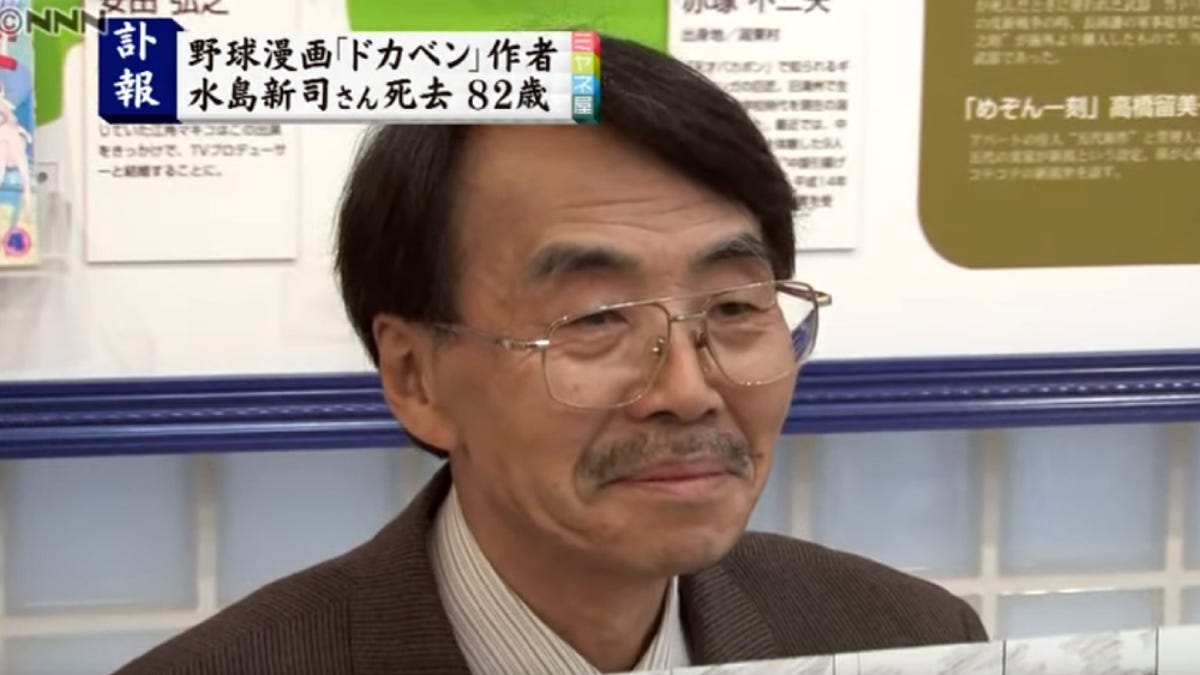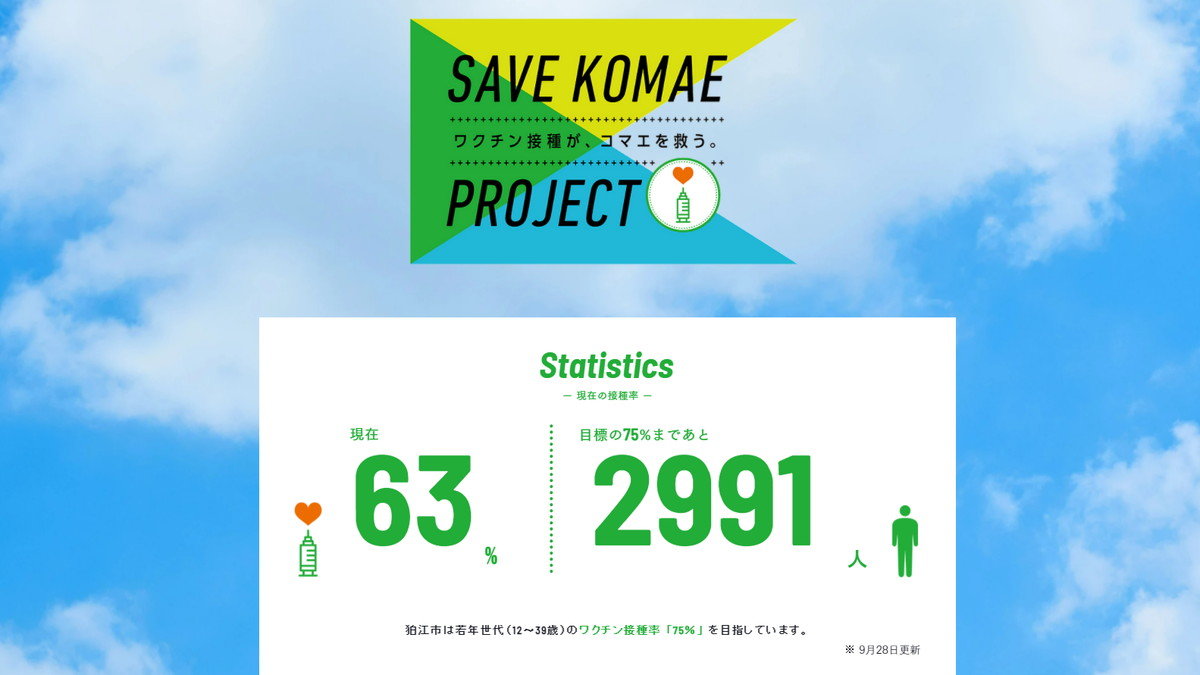“If we hope to meet global climate goals, we need to create a sustainable, just, and secure food system. It is scientifically impossible to limit global warming to 1.5 °C and avoid the worst effects of climate change without radically transforming how we produce and consume food, particularly protein,” wrote Austin Clowes, scientific research funding coordinator at GFI.
Thirteen of the research projects funded through GFI’s third annual Competitive Research Grant are focused on cultivated meat, two are focused on fermentation, and seven are focused on plant-based meat.
One of the funded research projects aims to develop hybrid scaffolds of cellulose nanofibers and hydrogel microparticles to grow cultivated chicken without the need to co-culture fats. The project is led by principal researcher Dr. Aline Bruna da Silva, professor at the Federal Center for Technological Education of Minas Gerais (CEFET-MG) in Brazil.
Another is exploring how to create a thick animal protein-like texture using thin layers of plant protein sheets, led by Dr. Hanry Yu, senior principal investigator, Agency for Science, Technology, and Research (A*STAR) in Singapore.
While funding the early innings of these research projects is a solid step forward for the industry, GFI stressed the need for follow-on support and training once these projects reach the end of their two-year research timeline.
“To create a world where alternative proteins are no longer alternative, research must happen on a scale that is significantly larger than GFI’s Research Grant Program,” said Clowes.
GFI: Private investment is not enough
Since 2019, GFI has funded more than $13m in open access research projects exploring cutting edge science and technology around alternative proteins, but further investment from public institutions is critical to making these sustainable proteins available to the masses, said GFI.
“There are still significant technological challenges preventing delicious, affordable, and nutritious alt proteins from going to market at a global scale,” said Clowes.
According to GFI data, public expenditures on alternative protein research and development in 2020 totaled $55m. A small fraction compared to the clean energy sector, which saw $27bn in public investment last year.
While private investment has increased in recent years, this alone can not address several barriers to producing alternative proteins at scale, said Clowes.
“Public funding of open-access research that has real-world applications would ensure that private investments are not spent duplicating foundational R&D efforts. Public funding will also stimulate economic growth, create jobs, and provide additional public benefits to food safety and security,” noted Clowes.
Preventing a talent bottleneck
Attracting the right technical talent to develop novel alternative proteins may block the sector, but an area which increased public investment can help alleviated, added Clowes.
“World-class scientists, entrepreneurs, and engineers around the world are eager to apply their talents to alt proteins, but many aren’t able to since relevant training programs haven’t yet been funded at scale,” he said.
Through its grant program, GFI has provided access for researchers across a wide variety of fields to apply their specific expertise to solve challenges in the realm of alternative proteins development. According to Clowes, approximately 20% of researchers accepted into the program have not worked directly on alternative proteins, but that attracting these outside research perspectives is critical to advancing the sector.
“The time is ripe for governments to partner with universities to provide funding and training opportunities to scale a trained technical workforce,” said Clowes.
GFI has developed several programs to recruit and attract top-tier talent to advance alternative protein research and development, including establishing its Alt Protein Project at several universities around the world.
“But this ecosystem needs financial support from public institutions to capture the full opportunity presented by alt proteins. Now is the time to ensure that this talent pool is adequately supported with public research funding,” Clowes added.
Note: This article have been indexed to our site. We do not claim ownership or copyright of any of the content above. To see the article at original source Click Here













